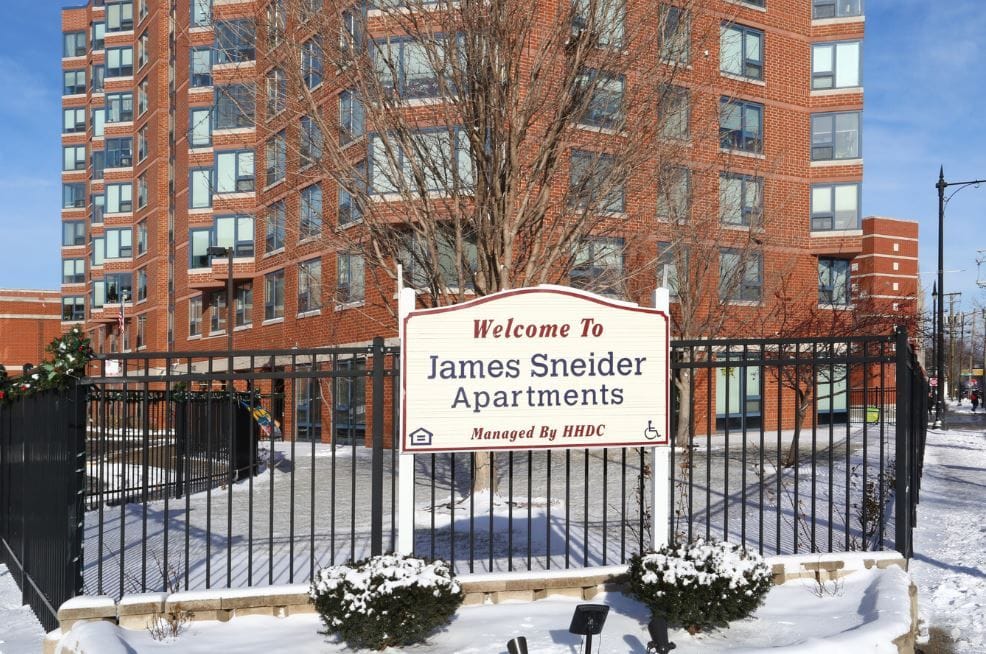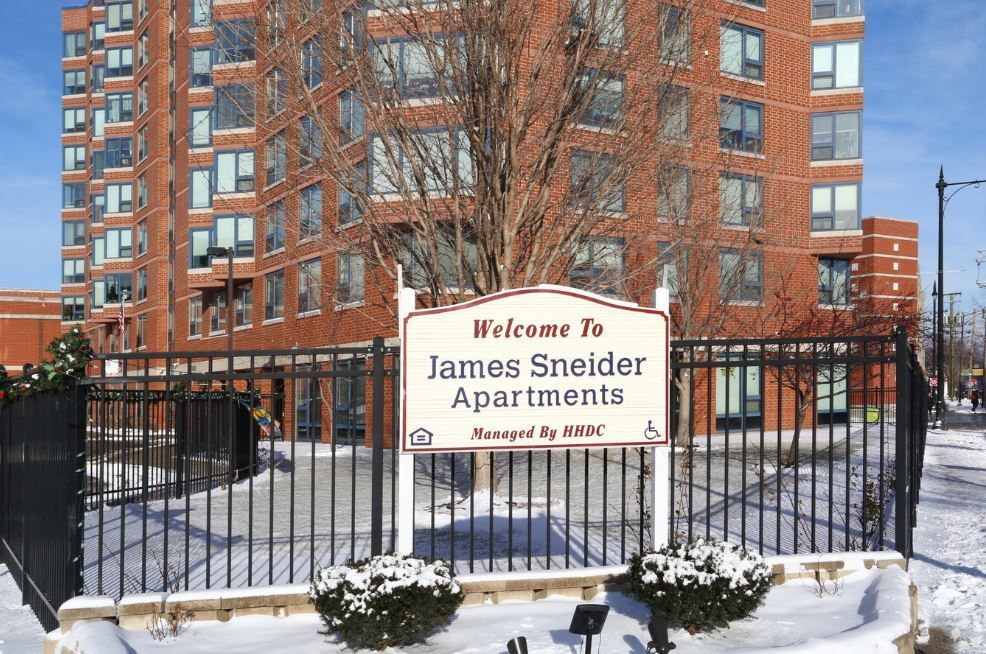May heat wave deaths prompt new cooling rules in Chicago
A month after three women were found dead inside their stifling hot apartments at a Chicago senior housing facility, the City Council on Wednesday passed new cooling requirements for residential buildings.


By DON BABWIN | Associated Press
CHICAGO (AP) — A month after three women were found dead inside their stifling hot apartments at a Chicago senior housing facility, the City Council on Wednesday passed new cooling requirements for residential buildings.
Under the rules approved by the Council's Zoning Committee on Tuesday and the full Council on Wednesday, any new construction of senior facilities and larger residential buildings must include permanent air conditioning, giving them the same requirements already in place for nursing homes.
Any time the heat index climbs above 80 degrees, those buildings must run their air conditioning systems. Existing housing for older people can use portable cooling and dehumidification until May 2024, when they will be required to have permanent equipment installed.
Alderman Maria Hadden, whose ward on the city’s North Side includes the James Sneider Apartments, where the three women died, could not immediately be reached for comment. But after the committee vote on Tuesday, she said she was pleased the Council was moving fast.
“The expansions to the cooling requirements will help keep our most vulnerable residents safe as we continue to see the impacts of climate change," she said.
Hadden said she was told by the company that managed the building where the three women died in May that it believed it was barred from turning on the air conditioning until June 1 under the city’s heat ordinance. The Cook County Medical Examiner’s office has yet to determine a cause of death, but the family of at least one of the women has filed a wrongful death lawsuit.
The new amendment to the city’s municipal code covers all facilities where elderly residents live and large residential buildings with more than 100 units. It also states that the cooling and dehumidification equipment must be operating in common areas of those buildings.
After a 1995 heat wave that left more than 700 people dead, Chicago put in place a system to protect people from extreme heat that includes checking on the elderly and other frail residents, and opening cooling centers.
The city already has safeguards in place to prevent people from freezing to death in their homes during the winter.

The Chicago Journal needs your support.
At just $20/year, your subscription not only helps us grow, it helps maintain our commitment to independent publishing.






